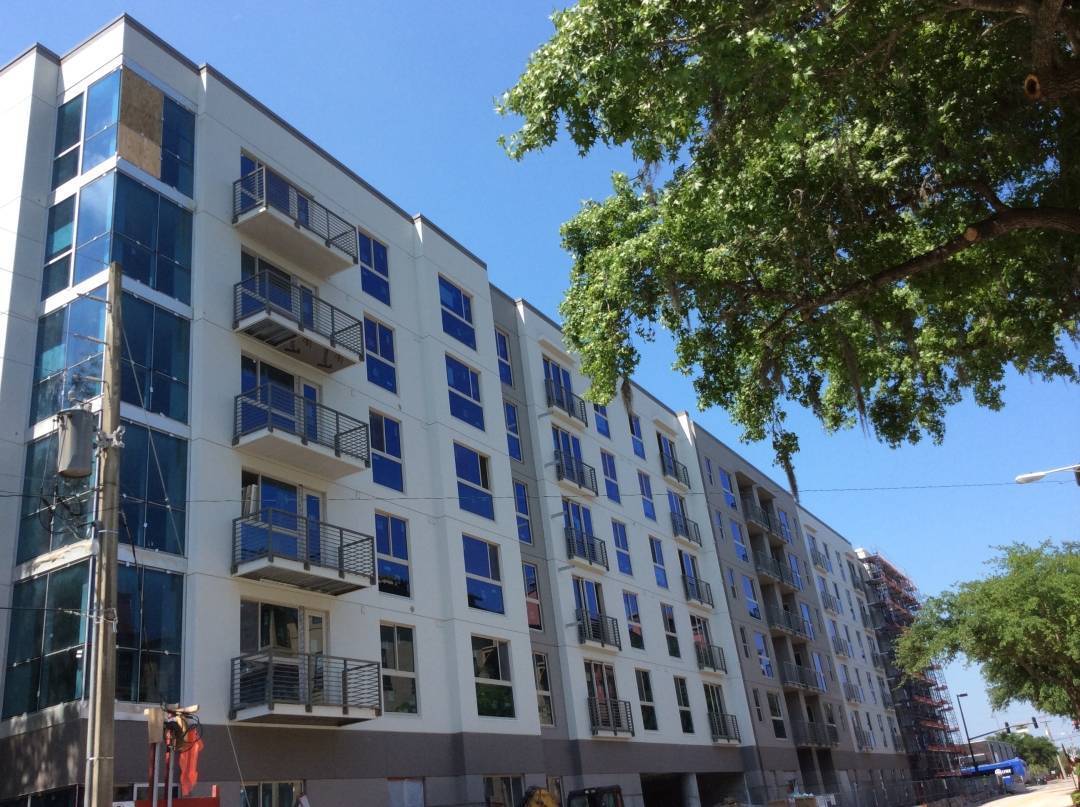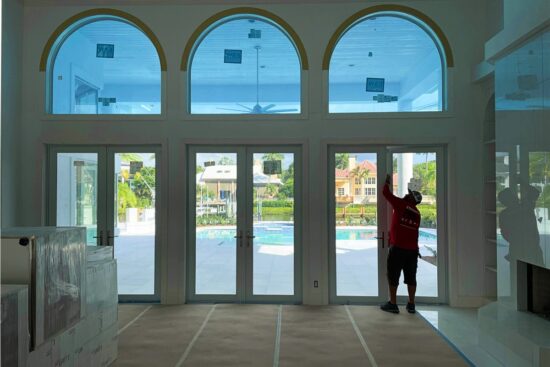
Florida, known for its stunning landscapes and rich biodiversity, is also home to an array of environmental challenges, particularly hurricanes and tropical storms.
These weather events pose significant risks not only to human safety but also to the structural integrity of buildings.
As the state seeks to promote sustainable building practices, impact windows have emerged as a critical component in enhancing resilience, reducing energy consumption, and protecting the environment.
This article delves into the multifaceted role of impact windows in Florida’s sustainable building practices, exploring their benefits, regulations, and contributions to the overall sustainability framework.
Understanding Impact Windows
Impact windows are specially designed to withstand high winds and flying debris, which are common during storms and hurricanes.
Constructed with layers of tempered glass and polyvinyl butyral (PVB) interlayer, these windows provide enhanced durability compared to traditional windows.
They are not only shatter-resistant but also insulated, contributing to energy efficiency and comfort within the home.
Enhanced Safety and Resilience
Storm Protection
One of the primary roles of impact windows in Florida is to provide protection against extreme weather conditions. By preventing water intrusion and reducing the risk of structural damage, these windows enhance the safety and resilience of buildings.
The installation of impact windows ensures that homes can better withstand the forces of nature, reducing the potential for costly repairs and loss of property.
Insurance Benefits
Many insurance companies recognize the protective benefits of impact windows, often offering lower premiums to homeowners who install them.
This not only helps homeowners save money but also encourages the adoption of safer building practices, ultimately contributing to a more resilient community.
Energy Efficiency and Comfort
Reduced Energy Consumption
Impact windows play a crucial role in enhancing a building’s energy efficiency. By providing superior insulation, they help maintain stable indoor temperatures, reducing the reliance on heating and cooling systems.
This leads to lower energy bills, decreased greenhouse gas emissions, and a smaller carbon footprint, aligning with Florida’s commitment to sustainable practices.
UV Protection
In addition to improving thermal performance, impact windows also block harmful UV rays. This protection not only benefits occupants’ health but also preserves furniture, carpets, and artwork from fading, thereby extending the lifespan of interior belongings.
The durability of impact windows means they require less frequent replacement, further contributing to sustainability.
Compliance with Building Codes and Standards
Florida has some of the strictest building codes in the United States due to its exposure to severe weather events.
The Florida Building Code mandates the use of impact-resistant windows in certain areas of the state, especially in coastal regions.
Compliance with these codes not only enhances safety but also promotes responsible building practices that prioritize long-term sustainability.
LEED Certification and Sustainable Design
Impact windows are also a critical component in achieving Leadership in Energy and Environmental Design (LEED) certification for sustainable buildings.
LEED is a globally recognized symbol of sustainability achievement and provides a framework for building practices that reduce energy consumption and environmental impact.
The use of impact windows can contribute to earning valuable LEED points, making them an essential element for architects and builders who prioritize sustainable design.
Environmental Impact
Recycling and Material Use
Modern impact windows are increasingly made with sustainable materials. Manufacturers are focusing on the lifecycle of their products, ensuring the use of recyclable and environmentally friendly materials wherever possible.
The manufacturing processes are also evolving to reduce waste and lower energy consumption, thereby minimizing the environmental footprint of these windows.
Habitat Protection
By improving the resilience and energy efficiency of buildings, impact windows indirectly contribute to the protection of Florida‘s rich ecosystems. Well-designed, sustainable buildings can help mitigate urban sprawl, reduce habitat destruction, and preserve the natural environment.
This is particularly crucial in Florida, where unique ecosystems such as the Everglades and coastal habitats require protection from unsustainable development.





